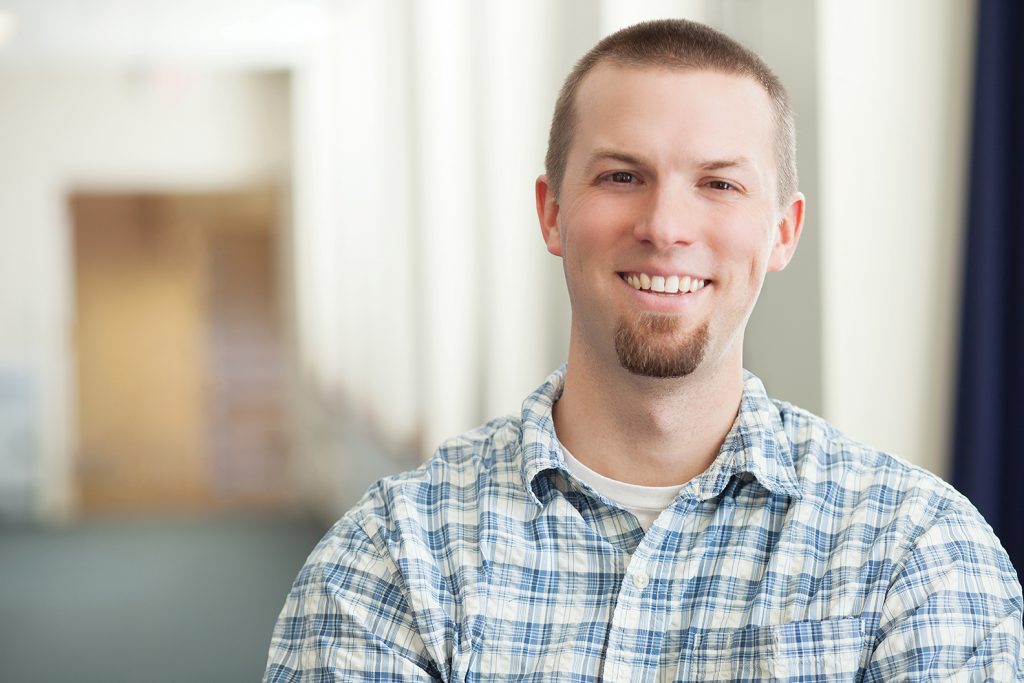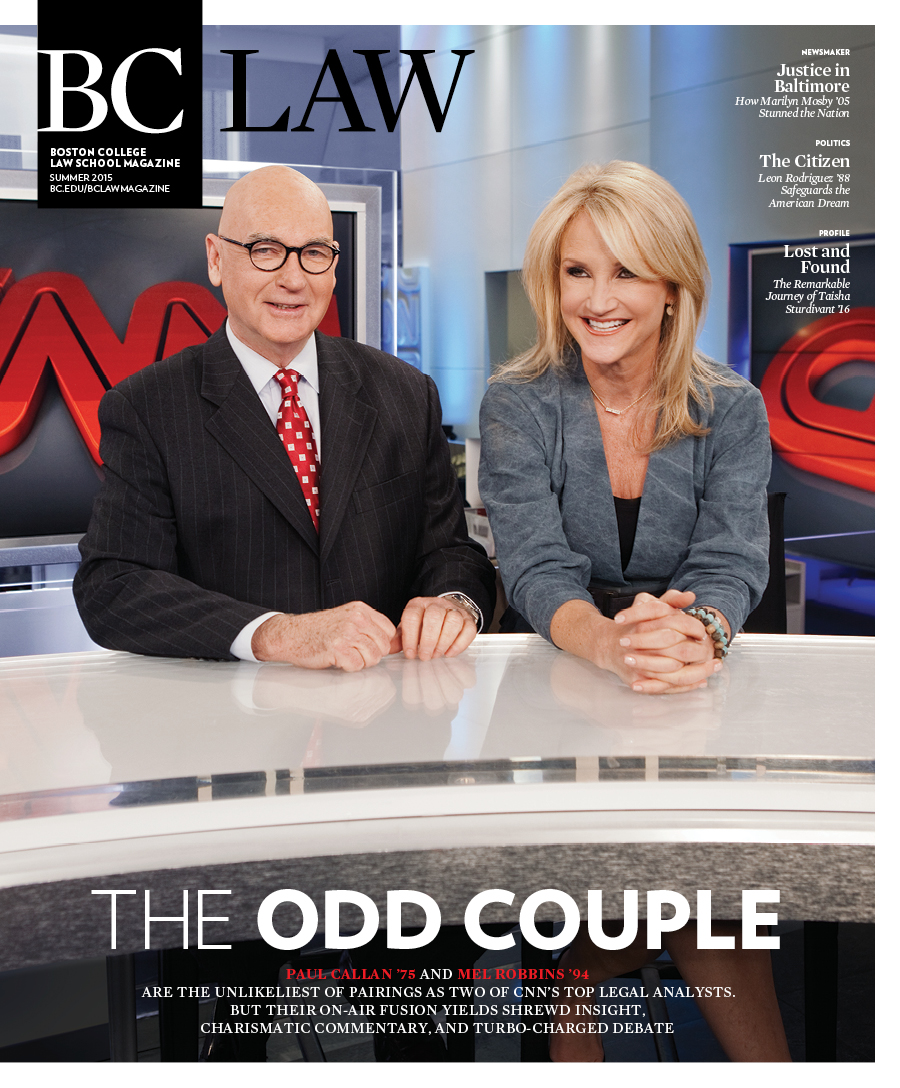Student Snapshot
Provenance: Grew up on campuses in Connecticut and Ohio, the son of a prep school English teacher. “They were really great places to grow up, but also a bit of a bubble.” Learning: BA in English, Middlebury College. Pre-Law: Public health volunteer with Peace Corps in Guinea, immigration counselor and Board of Immigration Appeals accredited representative, Greensboro, North Carolina. Languages: English, French, Fulani. At BC Law: Public Service Scholarship recipient; BC Law Review articles editor; Clough public interest law fellow and academic law fellow; Public Interest Law Foundation community events chair; Committee for Public Counsel Services Roxbury/Dorchester Division certified legal intern; Fellowship at Auschwitz for the Study of Professional Ethics (FASPE) fellow. Honor: Recipient of BC Law St. Thomas More Award. Hangout: “You’d probably find me lurking somewhere around the PILF lounge.” Next: Clerkship with Judge Paul J. Barbadoro ’80, US judge for the District of New Hampshire.
I started to get really passionate about poverty and homelessness when I studied abroad in Paris. Something that really gripped me and a couple of friends was the high homelessness rate there, and back at Middlebury a group of us helped found an outreach program to a local shelter.
I really wanted to push myself out of my comfort zone—prep school, leafy Middlebury—and decided the Peace Corps was a good way to do that. I picked Sub-Saharan Africa, and because I had French, they sent me to a francophone country, Guinea.
Back in the US I was looking for something that allowed me to use my language skills and do cross-cultural work. I got a job working for a refugee resettlement agency in Greensboro, North Carolina, which is where my wife is from. We focused mainly on victims of persecution.
“Just living in a poverty-stricken neighborhood can lead to more contact with the justice system, and that in itself is unfair.”
One case that I wrapped up just before coming to law school was an asylum case for a deaf Ghanaian woman who had suffered horrible domestic abuse. We had a peerless ASL interpreter and worked closely with her for three months, getting a comprehensive story. So when she got asylum, it was a wonderful moment.
We enforce our laws in an inequitable way. As activist Bryan Stevenson says, the justice system in many ways treats you better if you’re rich and guilty than if you’re poor and innocent. Just living in a poverty-stricken neighborhood can lead to more contact with the justice system, and that in itself is unfair.
I love working directly with clients at CPCS [Committee for Public Counsel Services], and I love being my clients’ champion. It can be stressful, because the stakes are high. My very limited experience thus far is that clients get a sense of whether or not you really care. And when you do show them that you care, about their family, about their life, even when a case doesn’t go your way, they tend to be very gracious.



